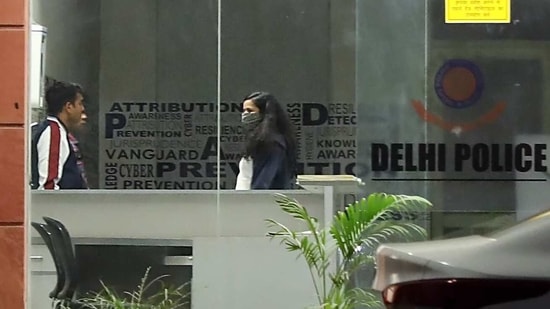
New Delhi, Mar 2: A Delhi Court on Tuesday said that it will hear Mumbai-based activist lawyer Nikita Jacob's anticipatory bail plea on March 9, a day before her protection from arrest ends in connection with the 'Toolkit' case related to the farmers' agitation.
Additional Sessions Judge Dharmender Rana adjourned the matter after he was apprised by the Delhi Police that they need more time to file a comprehensive reply to the application and that it be kept with a similar plea by co-accused Shantanu Muluk on March 9.
On February 17, Bombay High Court had granted three weeks transit anticipatory bail to Jacob with a direction to approach the court concerned in Delhi, where the case is lodged. Her protection from arrest ends on March 10.
Fearing arrest, she moved the Patiala House Court on Monday. Jacob, along with climate activist Disha Ravi and Shantanu Muluk, faces charges of conspiracy and sedition in the case.
Muluk and Jacob had joined the investigation at Delhi Police's Cyber Cell office in Dwarka on February 22. They were confronted with Ravi following that.
The court had granted bail to Ravi on February 23. The judge allowed the bail considering the scanty and sketchy evidence on record.
A day later, the court also granted protection from arrest till March 9 to Muluk in the case and directed the police to not take any action against him till then.
The Delhi Police have contended that the google document tweeted by Swedish climate activist Greta Thunberg to back the farmers' protest and then deleted, was created by Ravi and two other activists Jacob and Muluk.
They asserted that the 'Toolkit' was a sinister design to defame India and cause violence.








Comments
Add new comment